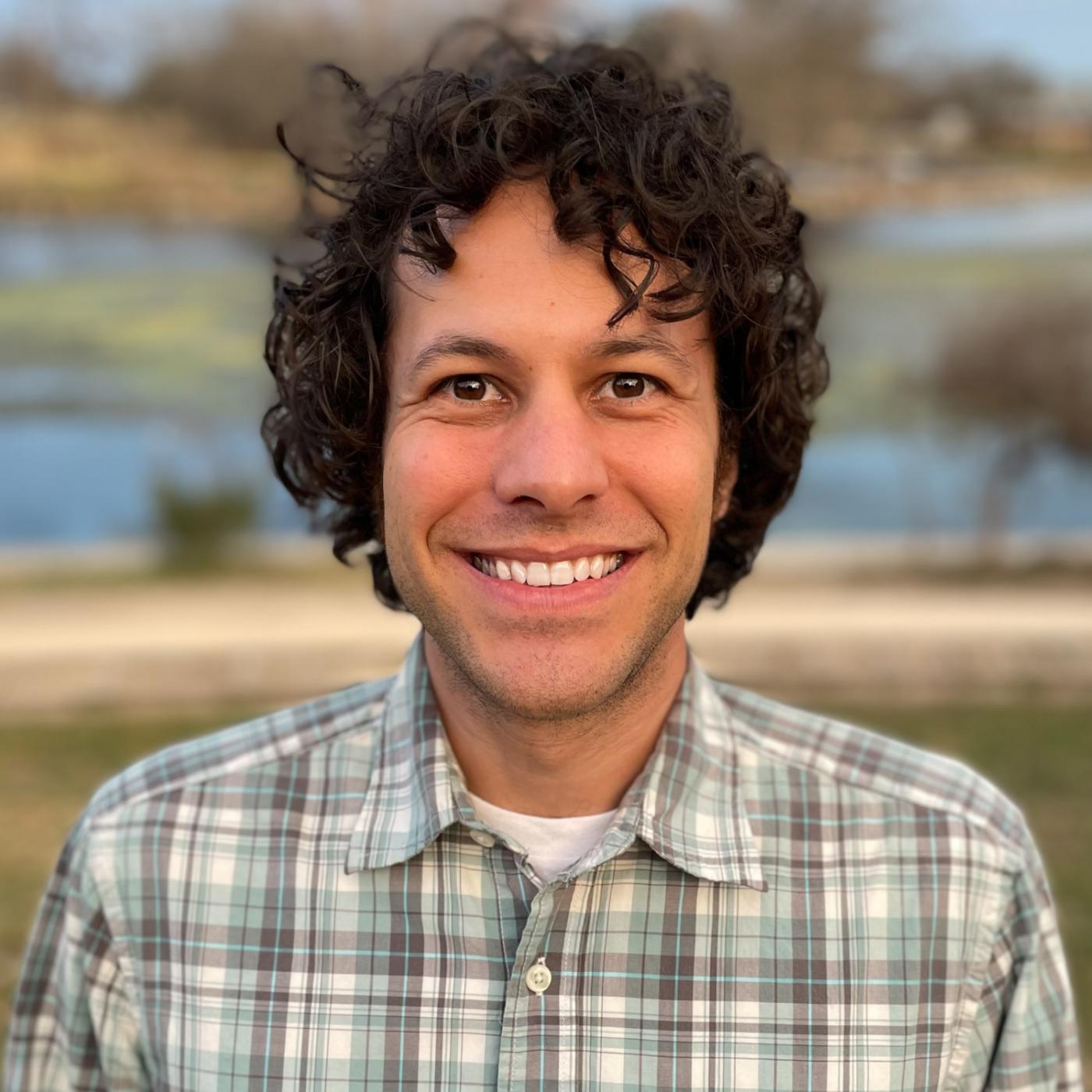Guillaume J. Dury
- Postdoctoral Fellow
- Stengl-Wyer Postdoctoral Scholar
- Early Career Fellow
- Integrative Biology

Contact Information
Biography
I’m an evolutionary biologist interested in interactions. These include interactions between herbivores and their hosts, parents and their offspring, and organisms and their environment. In my research on these many interactions, I’ve used a combination of laboratory experiments, field experiments and theoretical modelling. I also really enjoy natural history and I keep it in mind to highlight interesting questions and inform my research. In terms of organisms, I am particularly drawn to plants and insects, in part because they’re both always present around us!
Explaining why certain lineages of organisms split into more species—or diversify—more than other lineages is one of biology’s key questions. In the tropics, where species are especially numerous and diverse, some genera contain many more species than others. One hypothesis to explain this is that hyper-diverse genera have innovative chemical defenses, which allowed their ancestors to escape predators (i.e., herbivores and pathogens) thereby becoming more successful than other plant genera. This success then allowed them to split into more species than closely related genera without the chemical defense innovations. As a Stengl-Wyer Postdoctoral Scholar & Provost’s Early Career Fellow at the University of Texas at Austin, I joined the laboratory group of Dr. Brian Sedio. With him I plan is to test the chemical defense innovation hypothesis by finding the genetic signatures of those key innovations in defensive chemistry and testing whether they do, in fact, accompany increased diversity.
Research
Research Areas
- Evolution
- Biodiversity, Ecology or Sustainability
Fields of Interest
- Evolutionary Biology
- Comparative Biology and Phylogenetics
- Ecology and Global Change Biology
Education
- Ph.D. in Biology, Evolution, Ecology & Behavior Program, minor in Bioinformatics. Indiana University Bloomington. (2022)
- M.Sc. in Plant Science, Neotropical Environment Option. McGill University and Smithsonian Tropical Research Institute. (2013)
- B.Sc. in Biology by problem based learning, specialty in Ecology. University of Québec at Montréal. (2009)
Publications
- Borges, I., G. J. Dury, A. O. Soares. (2024). Population Growth Parameters of Scymnus nubilus Fed Single-Aphid Diets of Aphis fabae or Myzus persicae. Insects, 15(7): 1–10.
- Dury, G. J., A. P. Moczek, D. B. Schwab. (2020). Maternal and larval niche construction interact to shape development, survival, and population divergence in the dung beetle Onthophagus taurus. Evolution & Development 22(5): 358–369
- Dury, G. J., M. J. Wade. (2020). When mother knows best: a population genetic model of transgenerational versus intragenerational plasticity. Journal of Evolutionary Biology 33(1): 127-137.
- Parker, E. S., G. J. Dury, A. P. Moczek. (2019). Transgenerational developmental effects of species-specific, maternally transmitted microbiota in Onthophagus dung beetles. Ecological Entomology 44: 274–282.
- Sekerka, L., D. Windsor, G. Dury, (2014). Cladispa Baly: revision, biology and reassignment of the genus to Spilophorini (Coleoptera: Chrysomelidae: Cassidinae). Systematic Entomology 39(3): 518–530.
- Dury, G. J., J. C. Bede, D. M. Windsor. (2014) Preemptive circular defence of immature insects: definition and occurrences of cycloalexy revisited. Psyche 2014:13.
- Windsor D. M., G. J. Dury, F. A. Frieiro-Costa, S. Lanckowsky, J. M. Pasteels (2013) Subsocial Neotropical Doryphorini (Chrysomelidae, Chrysomelinae): new observations on behavior, host plants and systematics. In: Jolivet P, Santiago-Blay J, Schmitt M (Eds.) Research on Chrysomelidae 4. ZooKeys 332: 71–93.
Awards
- Stengl-Wyer Postdoctoral Scholar, University of Texas at Austin (2023–2025).
- Life Science Fellow, University of Michigan (declined, 2023–2025).
- Doctoral scholarship, Fonds de Recherche du Québec Nature et technologies (2019–2020).
- Doctoral scholarship, Natural Sciences and Engineering Research Council (2015–2018).
- Doctoral scholarship, Alexander Graham Bell Natural Sciences and Engineering Research Council (declined, 2015–2018).
- Young Explorer's Grant, National Geographic Society (2014).
- Germaine Cousin Grant, Entomological Society of France (2014).
- Melville-Duporte prize for best student presentation at Entomological Society of Quebec conference (2012).
- Master's scholarship, Alexander Graham Bell Natural Sciences and Engineering Research Council (2011–2012).
- Student award, Entomological Society of Quebec (2011).
- Master's scholarship, Fonds de Recherche du Québec Nature et technologies (2010–2011).
